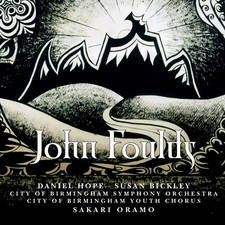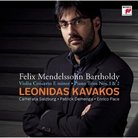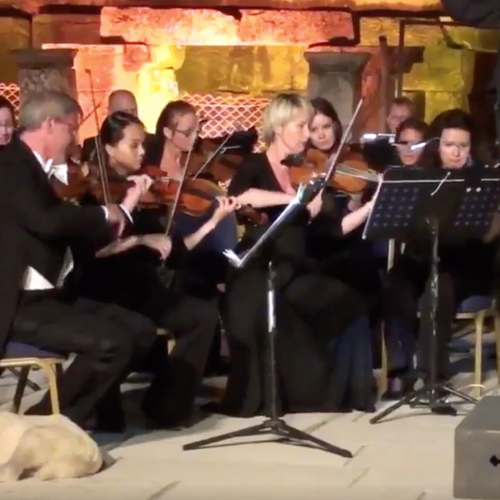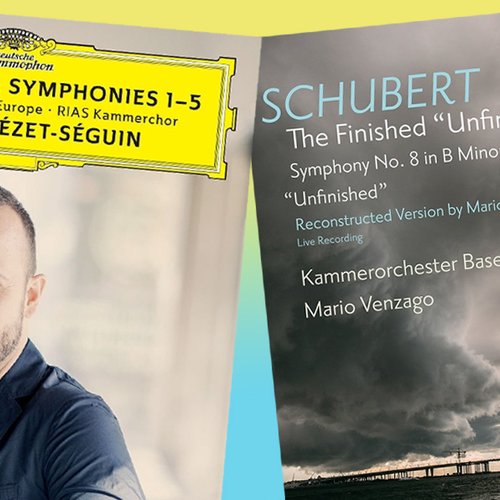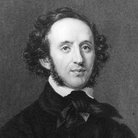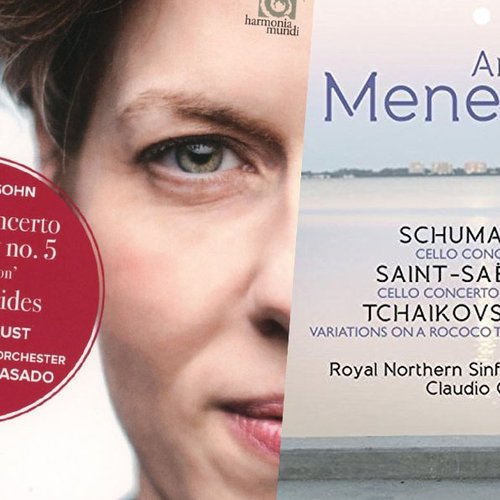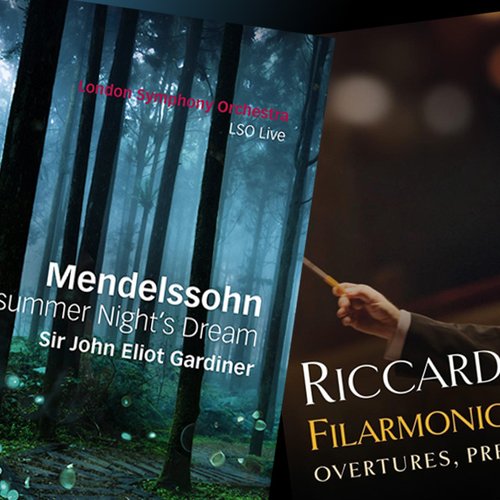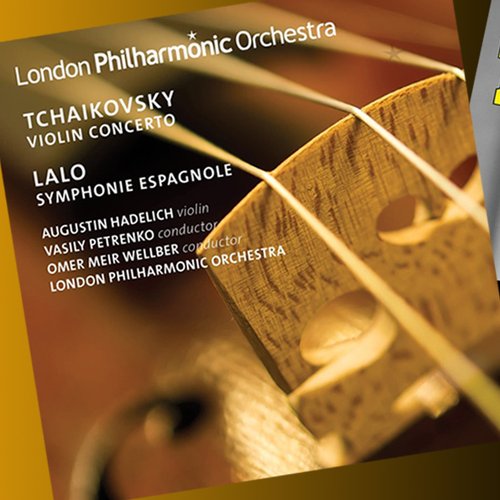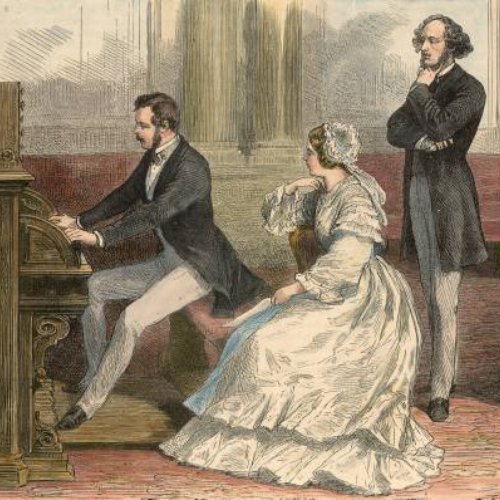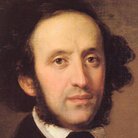Felix Mendelssohn's Musical Style
Felix Mendelssohn is often viewed as a Classic-Romantic composer whose style paradoxically incorporated elements of formal balance and graceful control on the one hand, and romantic subjectivity and fantasy on the other.
He once admitted that he was naturally disposed towards thick, contrapuntal textures, and in large measure he owed his love of counterpoint, his inclination to write fugues and canons, to Bach.
From Handel he acquired the ability to craft choruses that communicated in a direct, accessible style, as evidenced in his psalm settings and, of course, in his second oratorio, Elijah.
The classicizing influence of Haydn and Mozart manifests itself in his preference for clearly balanced themes and phrase structure, and impeccable formal control; after hearing the Piano Trio in D minor Op.49, Robert Schumann declared that Mendelssohn was the “Mozart of the 19th century.”
Carl Maria von Weber has regrettably been neglected recently, but in 1821, the 12-year-old Mendelssohn attended the premiere of Weber’s Der Freischütz and was swept away by what Zelter described as “nonsense and gunpowder.”
Doubtless the most shattering influence on Mendelssohn was the late style of Beethoven, which washed over a generation of musicians coming of age in the 1820s. He would have been among the first, along with his sister Fanny, to contend with the enormity of works such as Beethoven’s Hammerklavier Sonata and late quartets, which dispelled their influence on Mendelssohn’s Ops 12 and 13 String Quartets.
If Mendelssohn’s music suggests a composite blend of various strains, he nevertheless was able to synthesize a style easily identifiable as uniquely his.
One thinks of the evocative use of understatement and nuance in the Hebrides Overture, the colourful burst of sunlight in the Italian Symphony, or any number of works that explore Mendelssohn’s mischievous scherzo style.
He was arguably the first to elevate the fanciful in music to an aesthetic category, and to admit the elves into the orchestra.
